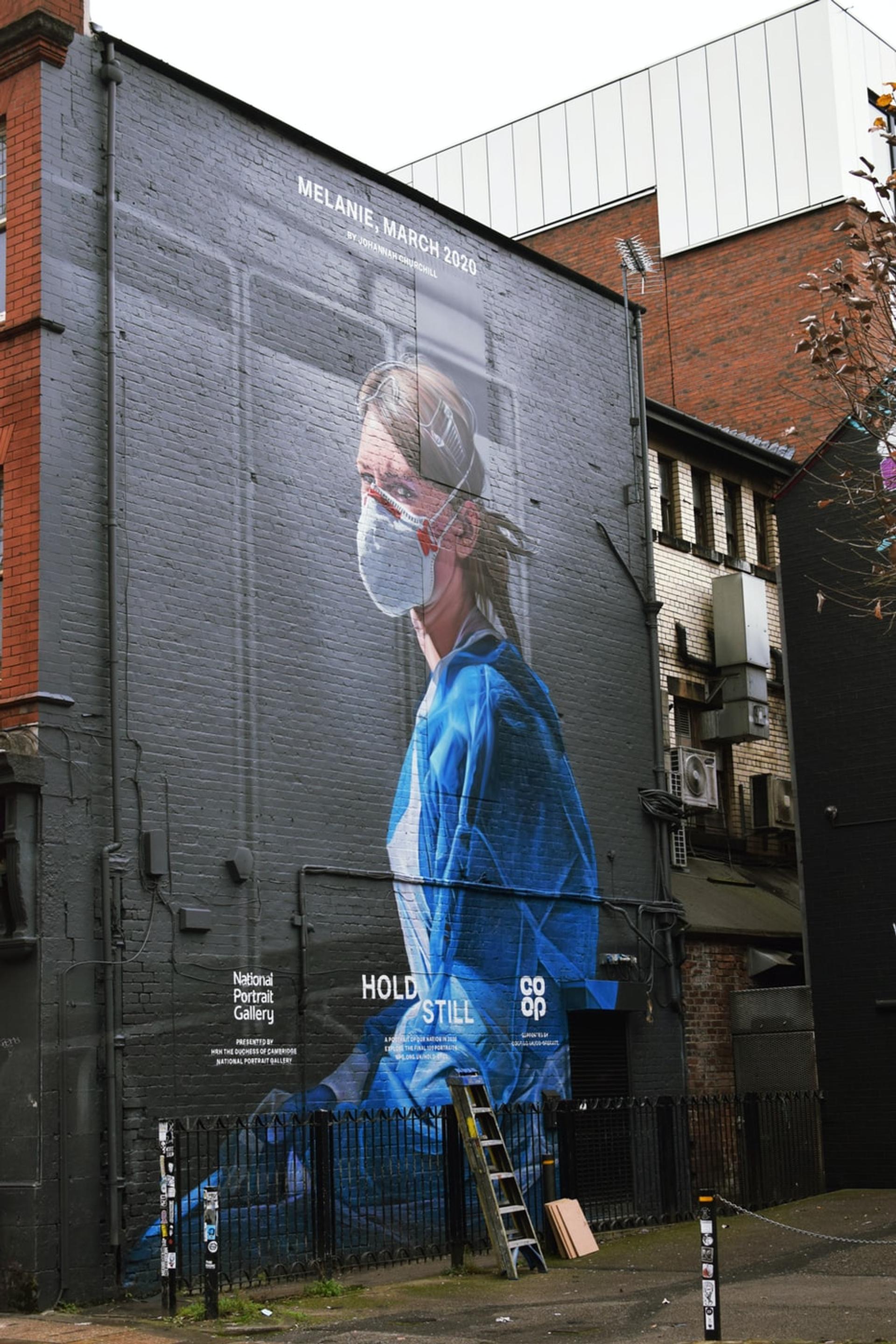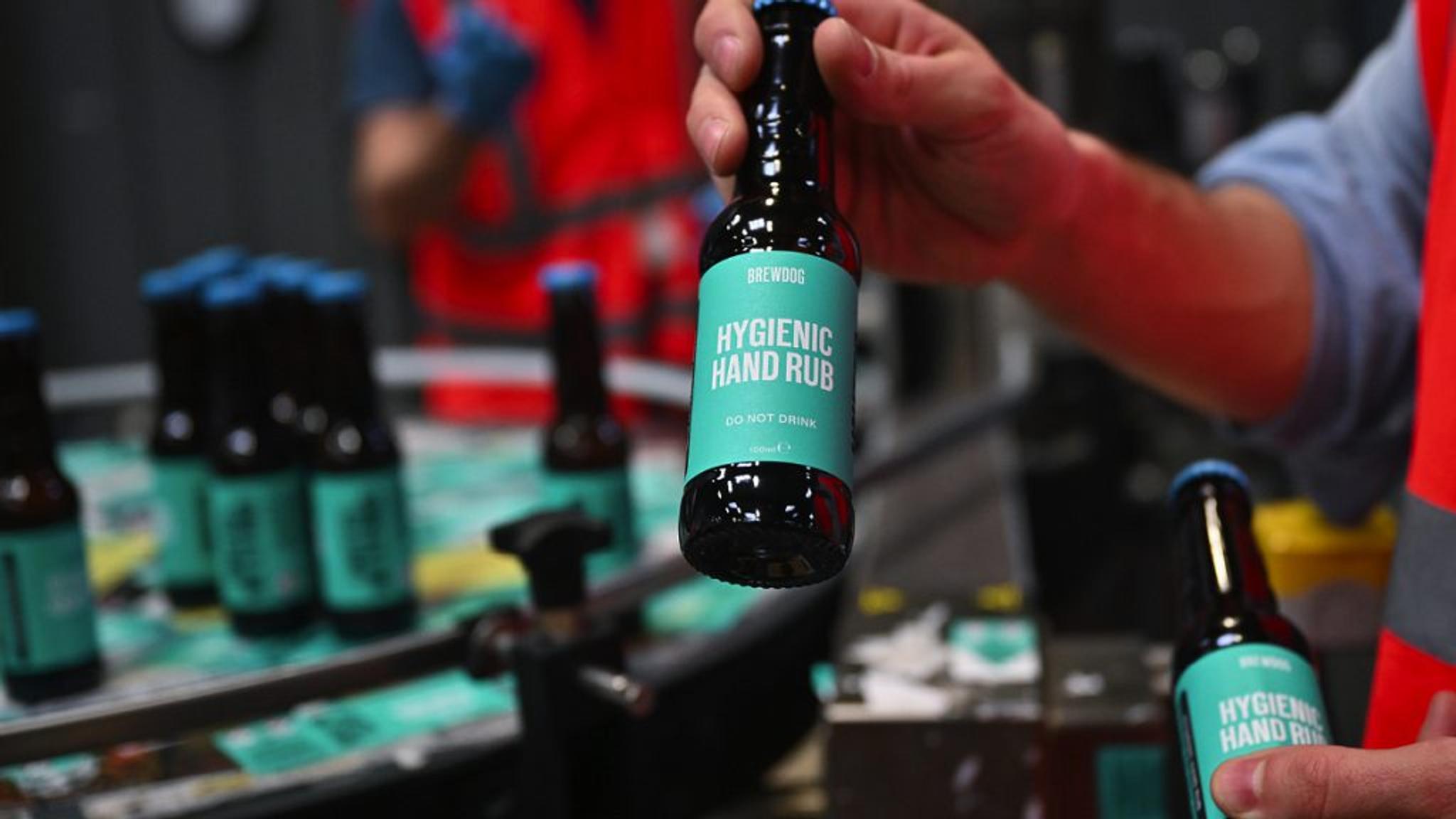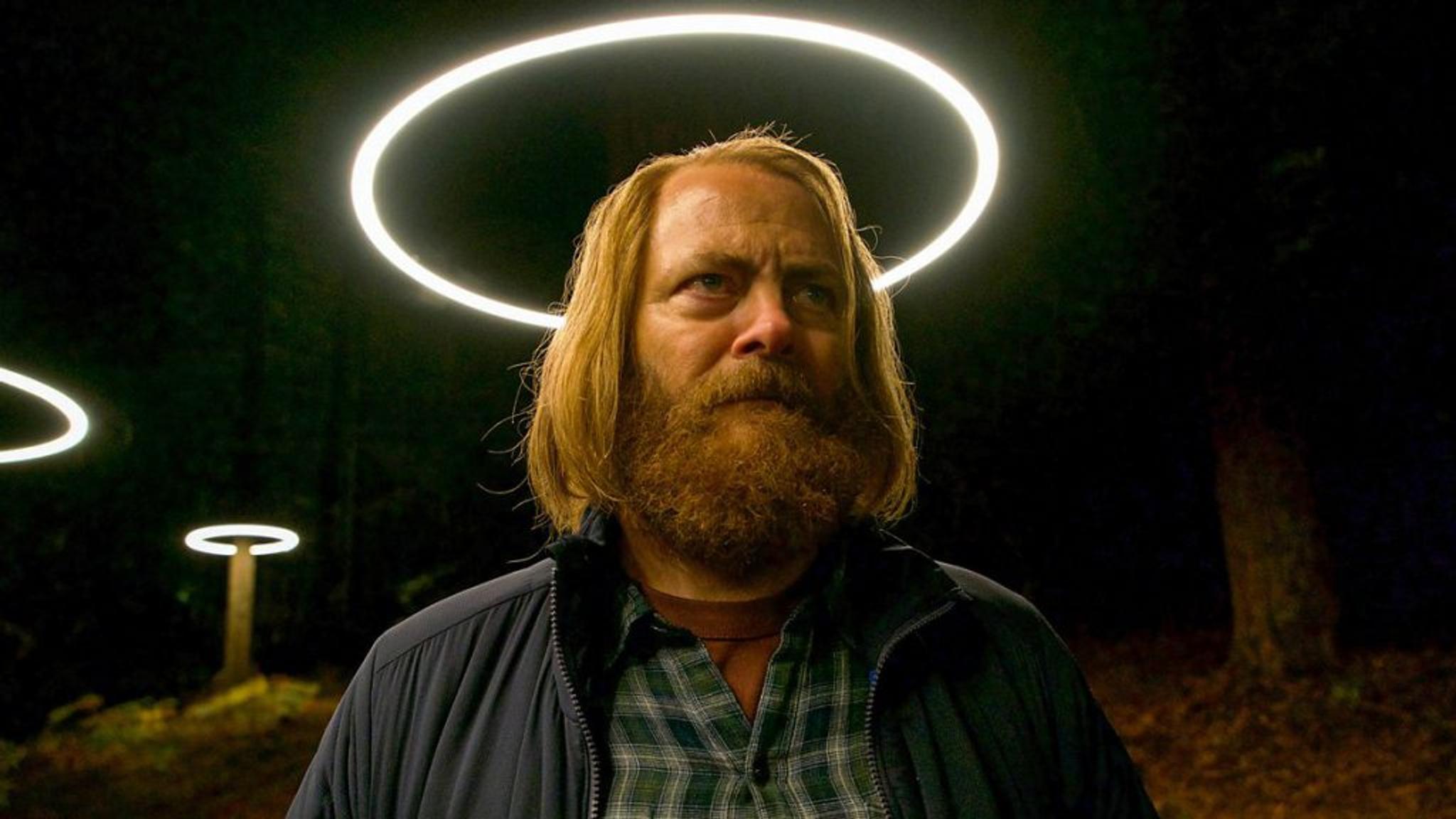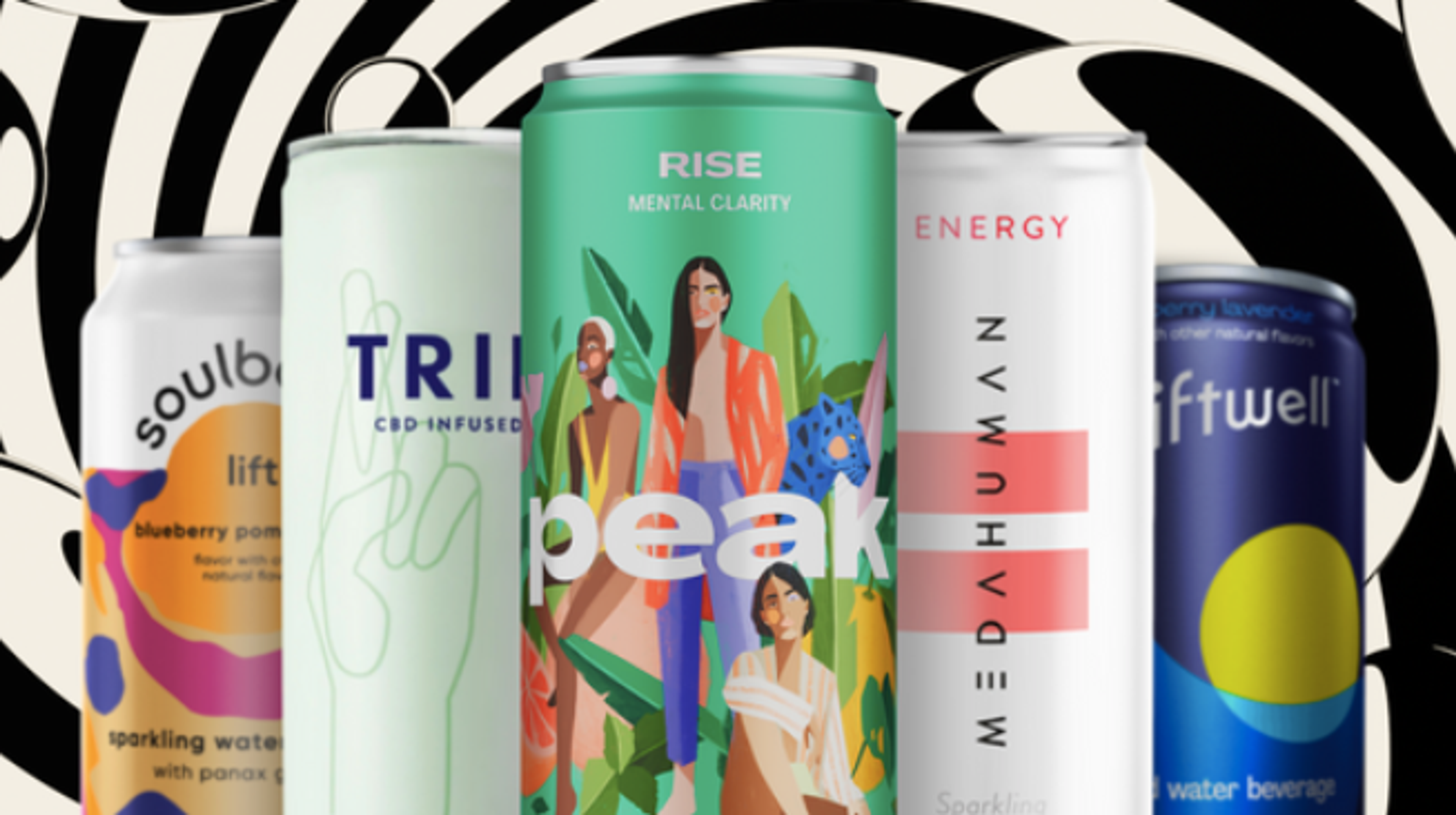Digital innovation in a post Covid-19 world?

Scott Lenik
13.05.2020

It’s been fascinating as a business leader to see how peers across digital product studios and other industries have been responding to Covid-19. Many offering their skills in support of – what is shaping up to be – the most seismic shock to our economy in living memory; it’s been inspiring to see the level of creativity and ingenuity displayed.
BrewDog responded to the hand sanitiser shortage by adapting their brewing lines to make their own, which they gave away to key workers. Crosstown Doughnuts asked their customers to nominate worthy recipients of their delicious pastries for free, and Headspace are offering free meditation, sleep, and other experiences to help reduce anxiety and improve mental health.

Of course, not all business are in a position to be quite so magnanimous, and many have had to focus on survival; forced to pivot, open new markets, review operating models or double down marketing investment.
Either way, it’s clear entrepreneurs in the UK haven’t given up, which gives me confidence that our economy will come out fighting once restrictions are relaxed.
Admittedly, this perspective largely comes from businesses who have been able to keep trading, at least to some degree, throughout the pandemic. They are most definitely the lucky ones, as large sections of the economy have come to a complete standstill with premises shut, staff furloughed, and uncertain as to whether they will be able to trade again even with government support. It’s not surprising that unemployment is predicted to rise above 10%, a level not seen since 1984.
Thankfully, our business is very much in the first camp – yes, contracts have been cancelled, and projects postponed, but as digital product specialists we are more confident than ever in the role that software can play in helping businesses adapt to the post-covid world.
The challenge lies in creating a sense of what that will look like and where to focus effort. We are privileged to work with inspiring, driven entrepreneurs on a daily basis. Ambitious women and men with a clear vision for the future, and the role they will play in shaping it.
But what happens when the future is so uncertain? How do you know what direction to take and where to innovate when the foundations and fabric of society have been so profoundly shaken?

How to predict the future when so much is in a state of flux
Restrictions being relaxed doesn’t mean things will revert to how they were. At some point, we will be able to see friends and family again; schools, factories, and offices will reopen and in time so too will bars, restaurants, theatres, hair salons, stadia and museums, although sadly many will not. In time, we’ll be able to take flights, catch trains, and ride on the tube again, but will we do it the same way we did before?
As a marketer and product innovation specialist, I’m fascinated by human behaviour and how we respond to social, cultural, economic, and environmental stimuli. Whilst fantastical in places, I recently enjoyed watching the recent series of Devs on the BBC, and the quantum-based metaphysical questions it probed. At heart was the premise that with enough data everything is predictable.

Enigmatic Tech Entrepreneur Forest from Devs written and directed by Alex Garland
Image copyright BBC 2020
Of course, everything is always in transition as we absorb and respond to the influences which surround us, but this process is typically much slower and primarily apparent only in retrospect.
Covid has blown that apart. Change is on the horizon everywhere, heralding opportunity and risk in equal measure. The big question is what will the future look like and how will we respond? The world has undergone a truly global anthropological experience outside of any previous frame of reference and none of us really knows where it will take us.
For example: how will our travel and leisure habits change? China is 6-8 weeks ahead of us here in the UK in pandemic terms, and has largely reopened, yet life is not the same. Shops, restaurants, public transport, and cinemas remain largely empty. What does that mean for us? Will we bounce back to cheap flights, weekend breaks, and protracted debates over additional runways or will increased border friction lead to the mass adoption of staycations? How and where will we shop? And what will we buy? With restricted eating and drinking options out of home, could we become a nation of budding Jamie Olivers: spending more on kitchen knives and food processors than going to restaurants? How will we dress if we have less need to socially impress? Pyjama and leisure-wear brands could be seeing a sustained and unexpected boom, not to mention facemasks which could become as ubiquitous as shoes and shirts on the streets. What will your choice of facemask say about you? How will that impact our sense of identity?
How will our priorities change, how will we spend and save? Who will we spend time with and where? How will this impact relationships and family units, especially between generations? Rituals around everything from dating to death are in the spotlight and subject to cultural reappraisal. Who will be the winners and losers, what industries will fail and which will thrive? How and where will we work? Is working from home going to be the new norm? Where will we want to live if we don’t have to get to an office every day? Do we need to rethink the role of the city? What about mental health, education and social care? I can’t think of any aspect of society that isn’t subject to being transformed over the coming weeks and months – let alone years?
Naturally, policy will in some way shape this. The impact of Covid will somehow have to be paid for, but where will the burden fall, how fast, and how deep? Whatever the party of government, the future is likely to be more interventionist and we’ll most likely see taxation increase, but will we increase spending on infrastructure investment, or simply retrench back to austerity? The former is by far the more likely but what will the long term effects of this be on inflation, personal saving and spending? Either way government policy will only nudge us deep seated behaviour change will be done at a societal level.
Broader than that, will the globalization of recent years continue apace or will we – like the US under Trump – become more isolationist as borders tighten, and supply chains falter. Can we afford to rely on others for food, medicines, and other essentials now that we know pandemics can strike so suddenly and ferociously? Everyone risks being a suspect in a war against viral transmission. Does that mean those without immunity passports will become victims of biological discrimination? Human rights lawyers are no doubt discussing these very questions as I write.
Alternatively, will this shared global experience help to break down barriers and drive increased awareness and acceptance of our common humanity regardless or race, gender, sexuality, age, body type, or social strata?
I don’t pretend to have answers to this myriad of questions but I do believe in the approaches we should be taking to them if we want to embrace change and create opportunity:
Insight is everything
More than ever businesses need to be talking to their customers. Objective data and insights will be the best guide for future decision making. It’s no surprise that countries that were quick to adopt testing and contact tracing have suffered less. Blindly following your gut has never been more risky. Beyond the pandemic, those best equipped to listen anew to their stakeholders, even if they don’t like what they hear, and respond boldly and bravely are likely to succeed.
Be flexible with your offering
Businesses need to respond to changing lifestyles and behaviours with flexible workflows and breadth of offering for employees and customers alike. Video calls and home delivery have become the default distribution channel wherever possible. Close to my home I’ve seen entrepreneurial pub owners offering self service, and home delivery of food and drink. Switch the goods and services you offer to where your customers and employees are rather than batten down the hatches and hope they return under ‘business as usual’.
Understand how you can transfer your value proposition
When evolution isn’t going to be enough you need to ask how you can harness the value inherent in your product or people in different ways.
There are cautionary tales like Kodak, who failed to adapt when digital photography destroyed its film-based business model, going from 20th century dominance to filing for bankruptcy in 2012. They were undisputed experts in photography and had they embraced change head on and used their knowledge into developing a digital offering I’m sure they would still be around today.
Thankfully, there are plenty of examples showing us that revolutionary changes can be transformative.
PlayDoh began life as a wall cleaning product called Kutol in the 1930’s. It was great at getting coal residues off the wall from fires but as coal was quickly replaced by oil and gas they risked becoming irrelevant. Fortunately, for them through conversation with a family member they discovered some enterprising teachers had been using it successfully for model creation during arts class and they bravely changed the entire direction of the company; selling 2 billion cans globally in the process.

More recently, and perhaps famously, Airbnb started as a housing support service to conferences often using air mattresses as beds. This wasn’t working, and they were set to fail until they used their expertise and understanding of local accommodation offerings towards providing cheaper authentic experience-based stays to become the unicorn they are today. Given their history of innovation, it will be interesting to see how their business responds to Covid induced change.
Embrace technology
If you haven’t yet, now is the time to digitise your offering; either supplementing or entirely replacing your existing workflow, product, or service. Businesses that do typically have lower overheads, make better use of their data, and use it to innovate in both existing and new markets. Not surprisingly these businesses tend to be more resilient, and are better equipped to face challenges.
Marc Andreesson, one of the giants of tech, in his recent blog believes that more than ever ‘It’s Time To Build’ as a response to increasing challenges and price escalation in key sectors, such as housing, education, and healthcare.
We think of ourselves as living in the digital age but there’s still a long way to go:
Ed tech is only used to deliver a fraction of global learning experiences, medical assessments and diagnosis, and property viewings and transactions… Software may well be ‘eating the world’ but it’s still only midway through it’s starter course.
Get help digitally transforming your business or launching a new idea
Change can be daunting and especially when needing to innovate under pressure but despite the challenges this degree of change presents significant opportunity in every category for those that can respond to meeting people’s changing needs.
If your business needs support in both assessing and delivering digital product opportunities, we can help with anything from visioning sessions, and design sprints to prototypes, testing, and all the way up to market launch – and beyond.
NEVERBLAND have almost a decade’s experience in digital product based innovation for many hugely successful businesses across sectors as diverse as E-Sports (Fnatic), Utilities (Bulb), Ed Tech (White Hat, Blossom, Idyia) , E-Commerce (Lick), Big Data (Datasift), Healthcare (Big White Wall), Media (Radar Radio), Food Service (Feast-It, Cheffo [soon]), Insight (LSN Global), Legal Tech (Ampla Finance) and Fintech (PureFX) among others.
Like you, we don’t know what the future will bring, but we can help forge a path through.
Come and say hello. hello@neverbland.com
Related articles

Reaching your Peak Potential
4 min read


